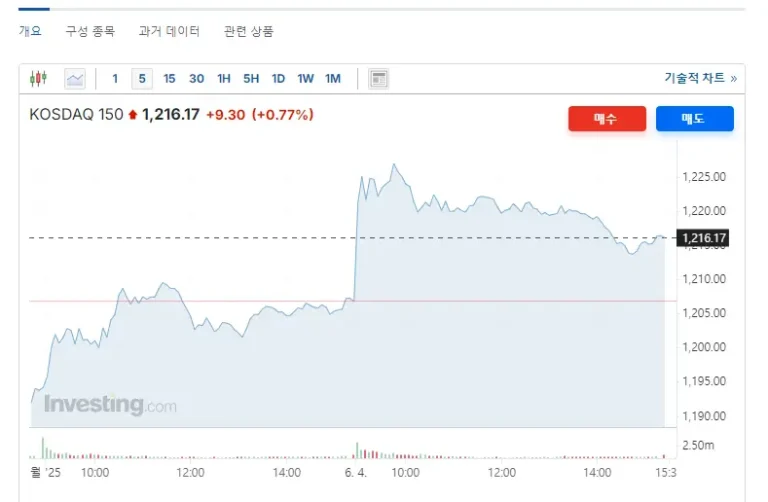Trends in Financial Regulation
Trends in Financial Regulation
In the ever-evolving landscape of finance, the regulatory framework plays a vital role in maintaining stability and fostering trust within the market. As global economies become increasingly interconnected, the trends in financial regulation have adapted to address emerging challenges, innovative financial products, and systemic risks. This blog delves into the current trends shaping financial regulation and explores their implications for businesses, consumers, and the broader economy.
The Rise of Digital Financial Regulation
The proliferation of digital technologies has necessitated a paradigm shift in financial regulation. As fintech companies and blockchain technologies gain prominence, regulators are compelled to devise frameworks that can accommodate these innovations while safeguarding consumer interests. This trend has been characterized by the introduction of regulations that specifically target digital currencies, peer-to-peer lending platforms, and robo-advisors.
One notable development is the implementation of licensing regimes for cryptocurrency exchanges. Regulatory bodies in various jurisdictions are now mandating that these platforms adhere to anti-money laundering (AML) and know your customer (KYC) requirements. Such measures aim to enhance transparency and reduce the risk of illicit activities, ultimately fostering a safer environment for digital transactions.
Moreover, the emergence of decentralized finance (DeFi) poses unique challenges for regulators. As traditional financial intermediaries are bypassed, the need for clear guidelines to govern these decentralized systems becomes paramount. Regulatory authorities are increasingly engaging with stakeholders to craft policies that balance innovation with consumer protection and financial stability.
Emphasis on Consumer Protection
In recent years, consumer protection has emerged as a cornerstone of financial regulation. The financial crisis of 2008 underscored the importance of safeguarding consumers from predatory practices and ensuring that they are treated fairly. Regulators are now focusing on enhancing transparency, ensuring that financial products are marketed responsibly, and providing consumers with adequate information to make informed decisions.
One prominent trend in consumer protection is the establishment of clearer disclosure requirements. Financial institutions are now mandated to present information regarding fees, risks, and returns in a manner that is easily understandable to the average consumer. This shift aims to empower individuals with the knowledge necessary to navigate the complexities of financial products and services.
Additionally, there is a growing recognition of the need to address issues of financial inclusion. Regulators are increasingly advocating for policies that promote access to financial services for underserved populations. This includes initiatives to support fintech innovations that can provide affordable and accessible banking solutions to those who have traditionally been excluded from the financial system.
Focus on Sustainability and Ethical Practices
As societal awareness regarding environmental and social governance (ESG) issues continues to rise, financial regulation is beginning to reflect these concerns. Regulators worldwide are increasingly incorporating sustainability criteria into their frameworks, compelling financial institutions to consider the environmental and social impacts of their investment decisions.
One significant development is the push for mandatory sustainability reporting. Companies are now being required to disclose information regarding their environmental impact, social responsibility, and governance practices. This trend not only fosters accountability but also enables investors to make more informed decisions aligned with their values.
Furthermore, regulatory bodies are advocating for the integration of ESG factors into risk assessments. Financial institutions are now encouraged to evaluate the long-term sustainability of their portfolios, ensuring that they remain resilient in the face of climate change and other systemic risks. This proactive approach aims to steer capital towards sustainable projects and initiatives, ultimately contributing to a more responsible and equitable financial ecosystem.
In conclusion, the landscape of financial regulation is undergoing profound transformations driven by technological advancements, a renewed focus on consumer protection, and an increasing emphasis on sustainability. As these trends continue to evolve, stakeholders in the financial sector must remain vigilant and adaptable, ensuring that they not only comply with regulatory requirements but also embrace the underlying principles of transparency, fairness, and responsibility. The future of finance will undoubtedly be shaped by these regulatory developments, paving the way for a more resilient and inclusive financial system.
